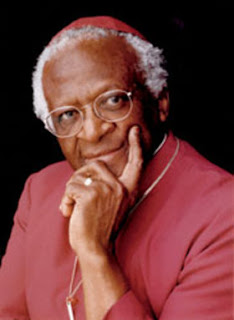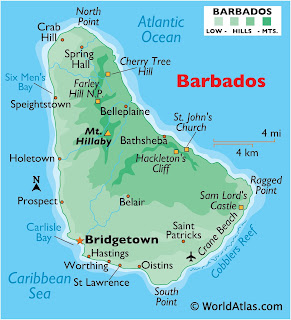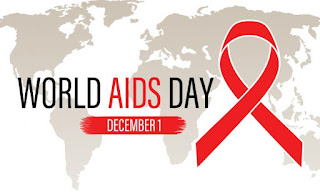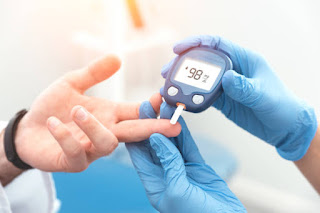Desmond Tutu: A Life of Servanthood Leadership

“I am not interested in picking up crumbs of compassion thrown from the table of someone who considers himself my master. I want the full menu of rights.”- Desmond Tutu. It is with a great sense of sadness and grief that the international community has reacted to the death of Archbishop Desmond Tutu of South Africa. Desmond Mpilo Tutu was born October 7, 1931, in Klerksdorp, a town in South Africa's Transvaal province. His father was a teacher and his mother was a domestic worker. While Desmond Tutu had not been in the best of health for some time; his death was still unexpected even at the youthful age of 90. For many of us, Tutu’s rise to prominence came during those challenging years of apartheid in South Africa. He was the voice of reason and an anchor which provided leadership to black South Africans who were subjected to a system of unequal treatment based on the colour of their skin. Apartheid was the institutionalized discriminatory political and economic system of racial ...










